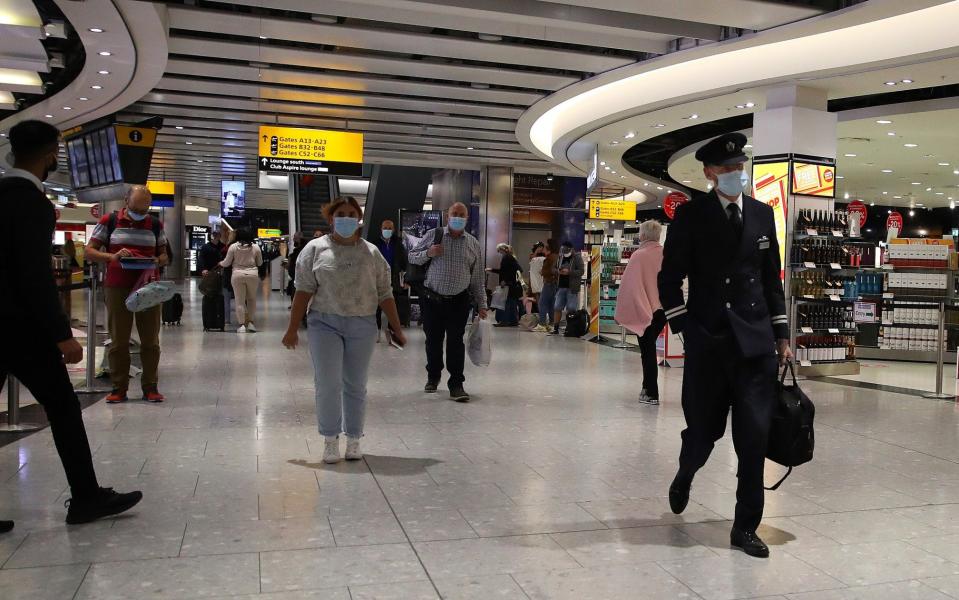Covid risk no longer increased by travelling abroad


Going abroad no longer increases the risk of getting Covid-19, the latest formal data reveals.
A survey by the Office for National Statistics (ONS) found that the infection rate among those who travelled abroad in the past 30 days is roughly the same as that for people who stayed in the UK.
Previous iterations of the long-term study to track Covid in the population had found that those who travelled abroad had higher positivity rates.
Between September 25 and October 8, just three per cent of participants travelled abroad, and 0.49 per cent of those who had said they had not done so in the last 30 days tested positive compared with 0.58 per cent who had travelled.
Experts said this means there is effectively "no longer a difference" in risk between the two groups.
Fifty-eight destinations are currently on the Government's list of "travel corridors", meaning quarantine is not required upon return.
The ONS study, which reported the "characteristics" among those who tested positive for Covid-19, also found that urban areas in England have higher positivity rates than rural areas.
It showed that 34 per cent of those testing positive had no symptoms when they were tested.
Meanwhile just 32 per cent of those who tested positive had a cough, fever or loss of taste and smell at the time of their test, despite these being three of the main officially recognised symptoms.
Katherine Kent, the co-head of analysis for the Covid-19 Infection Survey, said: "Analysis now shows that, unlike before, there is no longer a difference in the rate of infections between those who have travelled abroad and those who haven't.
"When looking back at the whole duration of the survey, we are still seeing that a fairly low percentage of people who test positive report any symptoms at the time of their test, although this has increased since a low in late June and July."

 Yahoo News
Yahoo News 